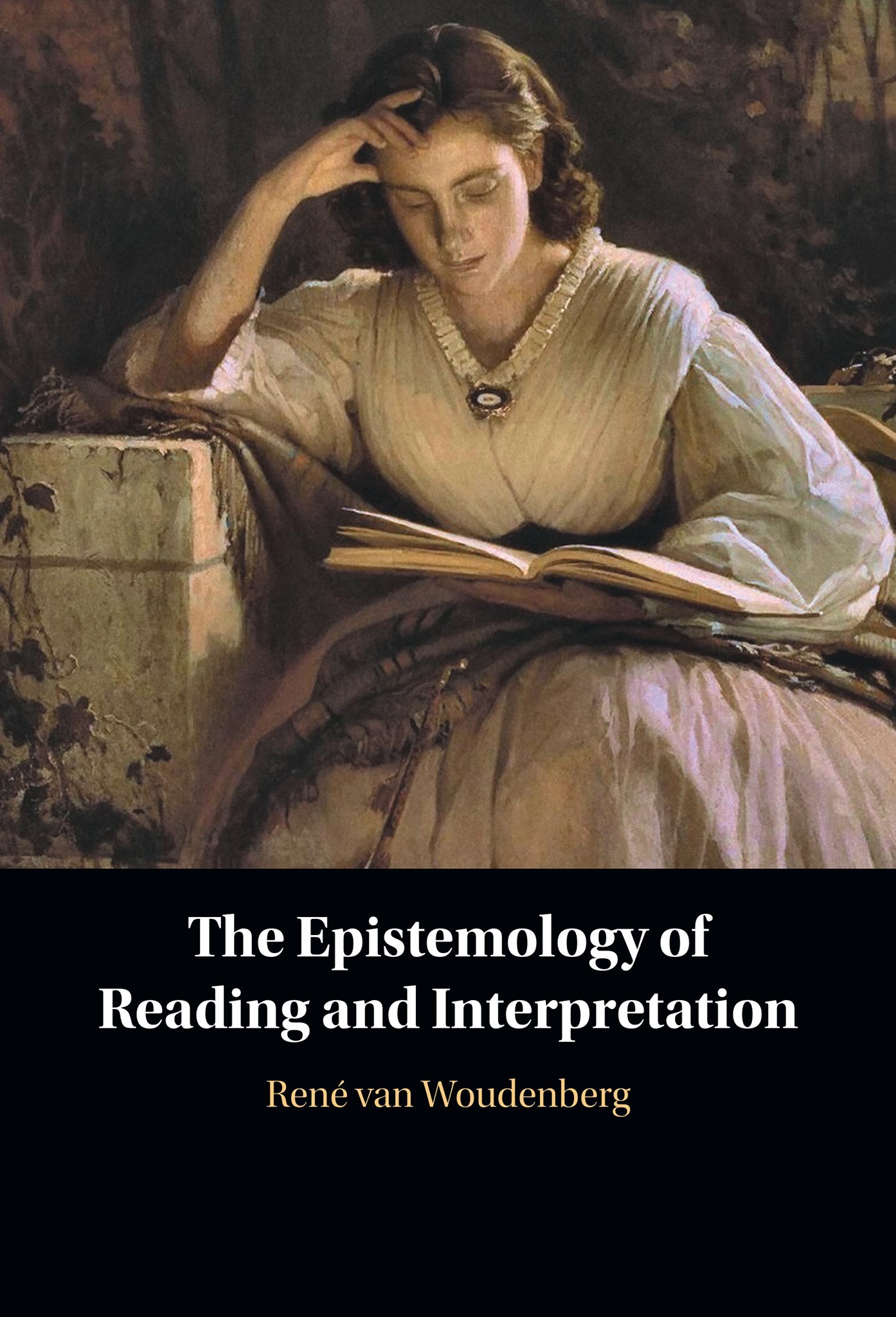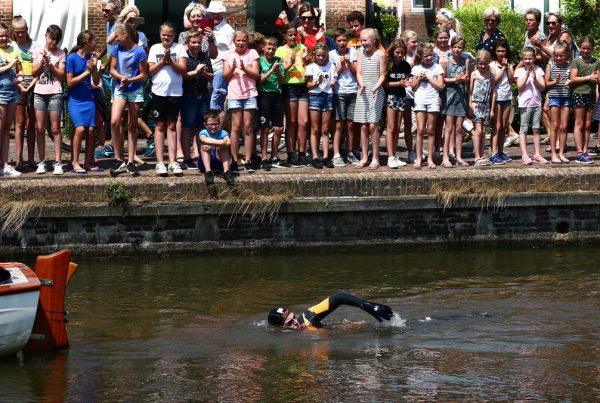Reading and textual interpretation are ordinary human activities, performed inside as well as outside academia, but precisely how they function as unique sources of knowledge is not well understood. In October 2021, the book of René van Woudenberg: ‘The epistemology of Reading and Interpretation’ was published, containing explorations on what the nature of reading is and how it is a source of knowledge. René van Woudenberg discusses the question of whether all reading inevitably involves interpretation, and shows that although reading and interpretation often go together, they are distinct activities. He argues that both reading and interpretation can be paths to realistically conceived truth, within certain conditions.
Our colleague, Rik Peels, wrote about the book: “René van Woudenberg approaches reading and interpretation from an analytic philosophical perspective, which is truly innovative. After all, this field has been heavily dominated by continental approaches with leading figures such as Gadamer and Dilthey. This is remarkable for it touches on many contemporary epistemological issues like: What is knowledge? Can one know without interpreting? What’s interpretation in the first place? What is it for something to be a source of knowledge? Can there be meaning without an audience? It’s particularly remarkable because if there’s anything philosophers do, it’s reading. A final reason an analytic approach is desperately needed is that there’s a radically anti-realist tune to most contemporary hermeneutics, often without any defense: Meaning is radically subjective, no meaning without an audience, we can’t know the author’s intentions, etc. Van Woudenberg boldly argues that author-intentional meaning is primary among all meanings texts can have, and that often we can actually know what the meaning was the author had in mind. He’s also done his utmost best to actually engage the views put forward by figures such as Paul Ricoeur, so as to take the more postmodern approach seriously. I hope this book will contribute to a fruitful conversation between epistemology & traditional hermeneutics.”





